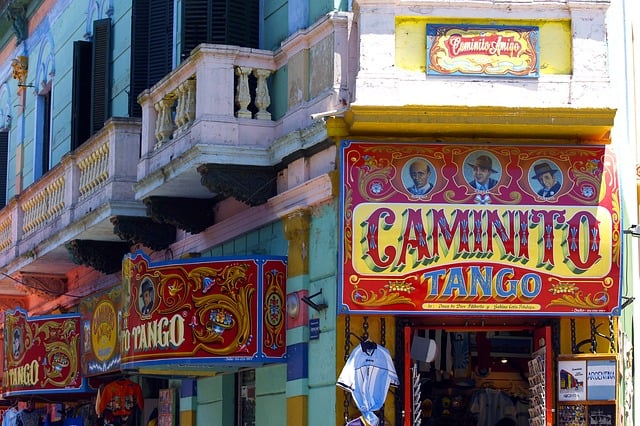5 Words You’re Better Off Avoiding in Argentina
It’s no secret that Spanish is a sticky language to learn. It’s not because it is particularly tough grammatically, but because it differs so greatly from country to country where it is spoken. If you’ve learnt Spanish in Spain or Mexico, when you take your linguistic prowess down south to Argentina, you may be surprised at how different is.
Now, Argentines are wonderfully friendly, so when you get things wrong, you’ll more likely cause a giggle rather than cause offence. But still, here are a few words to avoid in Argentina unless you’re looking for a blank stare or trouble.
Image via Pixabay
Put your Spanish skills to the test by taking a free, 15-minute language level test and see how your skills fair!
1. Vosotros
Starting off on the innocent end of the scale, unless you want to give yourself away instantly as a foreigner or someone from Spain, don’t use the pronoun vosotros. This informal, second-person plural pronoun and its conjugations is not used in Argentina. On that note, the singular second-person pronoun tú can also be replaced by vos, particularly if you’re in Buenos Aires and its vicinity.
2. Concha
If you’ve learnt Spanish in Spain, you’re probably used to concha innocently meaning sea shell. Say it in Argentina, however, and it is a slang word for vagina. It’s a word that you’ll hear often as some favourite Argy swearing includes it, such as the classic la concha de tu madre!
3. Coger
Another innocent word turned dirty is coger. This verb means to take. In most places you can coger the bus. Don’t say this in Argentina though as here coger is used to mean ‘have sex’. Prepare yourself for many sniggers if you use coger to talk about taking a taxi, a drink or anything else.
4. Acabar
You’ve probably guessed by now that most things to avoid saying in Argentina are a little bit dirty. Another classic example is acabar. The traditional meaning, to finish, gets taken to another level in the land of tango, where it means a whole other kind of finishing. So unless you’re talking about *ahem* an orgasm or ejaculation, rather use the verb terminar.
5. Forro
This word literally means a lining or cover, such as a book cover, and you’ll hear it used plenty in Argentina. But not in its traditional meaning. Argentines use it to mean condom, or to call someone a prick. If someone does something stupid, you could respond “sos un forro!” We don’t recommend yelling this at strangers though…

Image via Pixabay
There are many more words that are different in Argentina. One of the most common places to get a blank stare while using your proper Spain Spanish is in the verdulería. Fresa (strawberry) is called frutilla. Piña (pineapple) becomes ananá, aguacate (avocado) is palta and melocotón (peach) is durazno.
Travelling between Spanish-speaking countries nearly always results in some funny stories of misunderstandings thanks to vastly different meanings of words. Have you got yourself into trouble in Argentina or elsewhere by using the wrong word? Tell us your funny stories in the comments.



